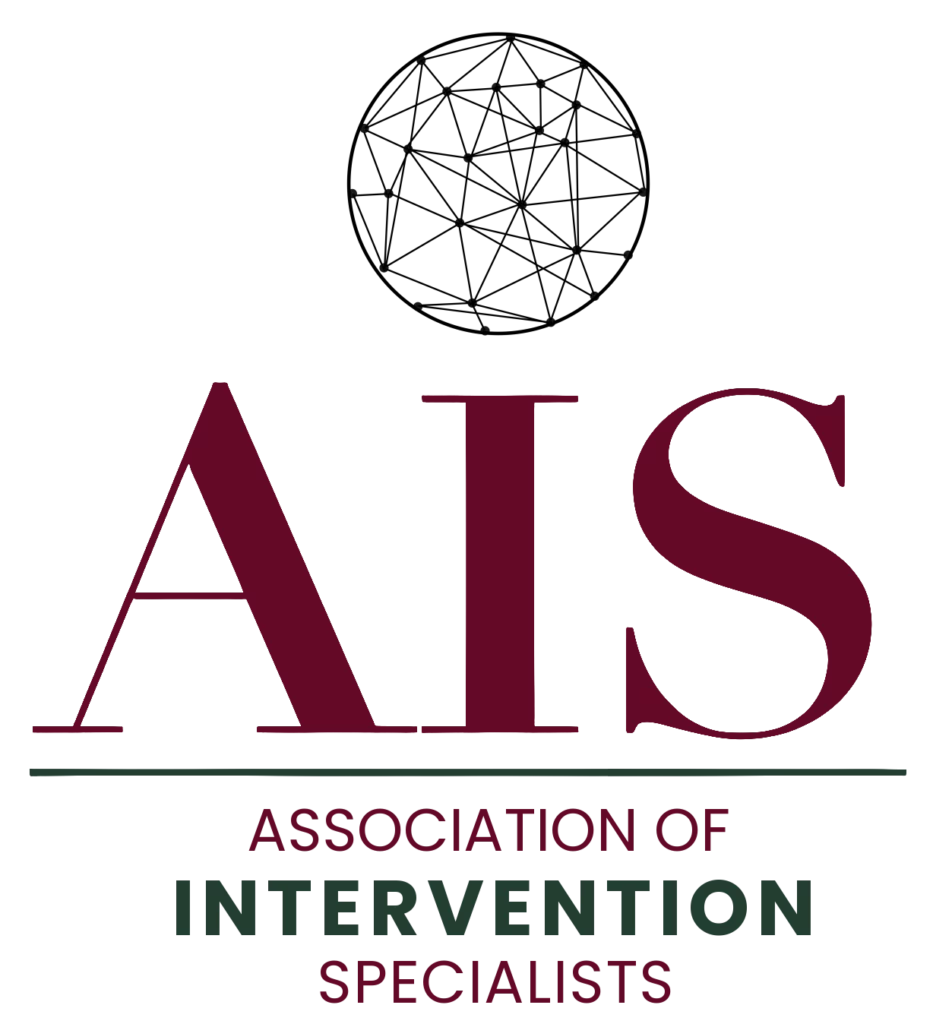The unwelcome news that a loved one is abusing or possibly addicted to drugs or alcohol can be paralyzing. Especially when you have no practical experience in dealing with this issue. Perhaps you have a number of relatives who have histories of addiction, but when it hits the immediate family circle, the impact is very different. Up close and personal, addiction looks quite unlike it may have when you heard that Uncle Fred, who lives several states away, has a drinking problem. The question often asked by family members facing the very real and very ugly truth that one of their family members has developed a drug or alcohol problem is, “…So now what do I do?”
First, a brief explanation on the format of this document: On the last page you will find a list of Recommended dos and don’ts for dealing with your loved one. Print it out. Place copies where you will see them. Refer to these bullet points often. Throughout this article you will see these dos and don’ts in bold type. You may find it helpful to familiarize yourself with these bullet points before reading any further and then reference each within the body of the article. Some of the points made are designed to address your concerns about dealing with your family member while he or she is active in the disease of addiction. While addiction to drugs or alcohol is not contagious, it includes all necessary criteria to be referred to as a disease. The points made in this article will assist you in recognizing this truth and help you develop healthy methods for dealing with your loved one’s abuse and/or addiction. Some comments in the article are geared toward how to support your loved one once in recovery.
The Dos Of Supporting An Addicted Loved One
Do Support Recovery. This must be your primary task. While that may have little meaning to you at this point, it truly is the foundation upon which everything else must be built. The message you need to send to your addicted loved one, as well as the other members of your family and close friends impacted by this news, is that you will support recovery no matter what it takes.
Do Educate Yourself. The amount of education on addiction available to you is remarkable. A simple Google Search of the word addiction brings up more than forty-nine million sites. The number is growing every day. Unfortunately not all of the information is consistent and some is downright bad. As a discerning consumer of education you will need to be diligent in determining what information is sound and what is speculation or personal opinion. A frequently overlooked resource is available at treatment centers in your area. Good treatment programs include a family week or family weekend component. This provides families, with loved ones undergoing treatment, an opportunity to obtain cutting edge information on recovery and to interact with the treatment professionals working there. What you may not know is that most treatment programs will allow you to participate in their family program even if your loved one is not in treatment! You will learn a great deal about the disease of addiction in one of these programs. Take advantage of this incredible opportunity to learn about addiction. If you are not familiar with treatment programs in your area, visit any of the following websites:

